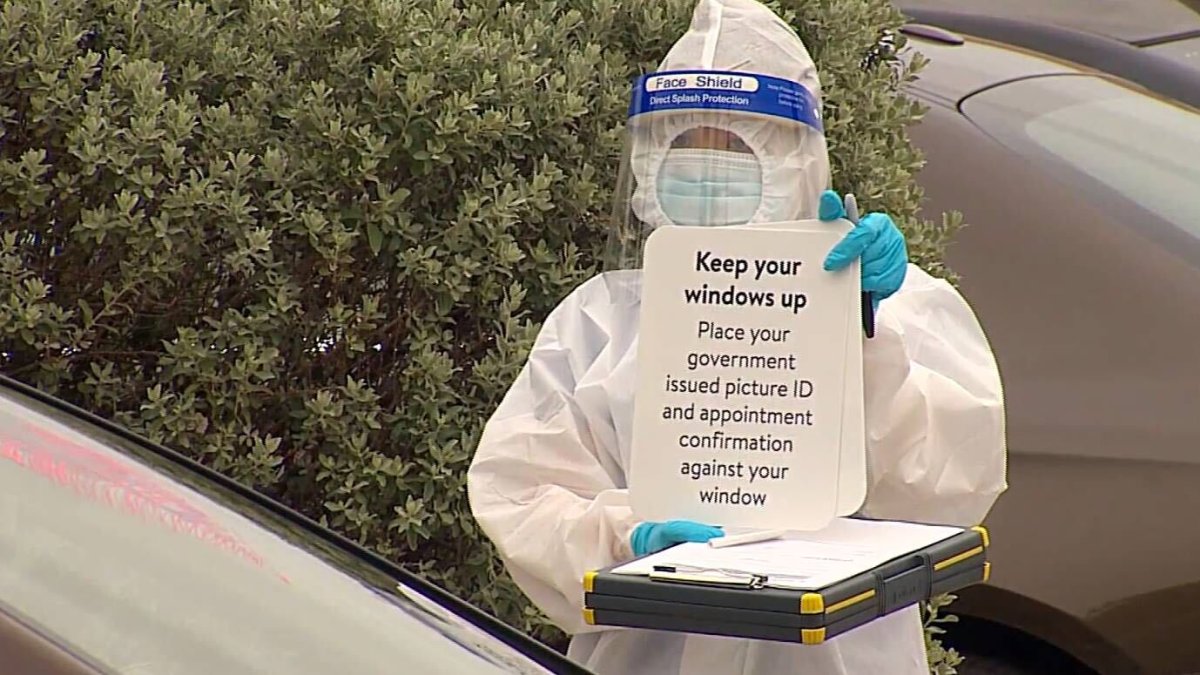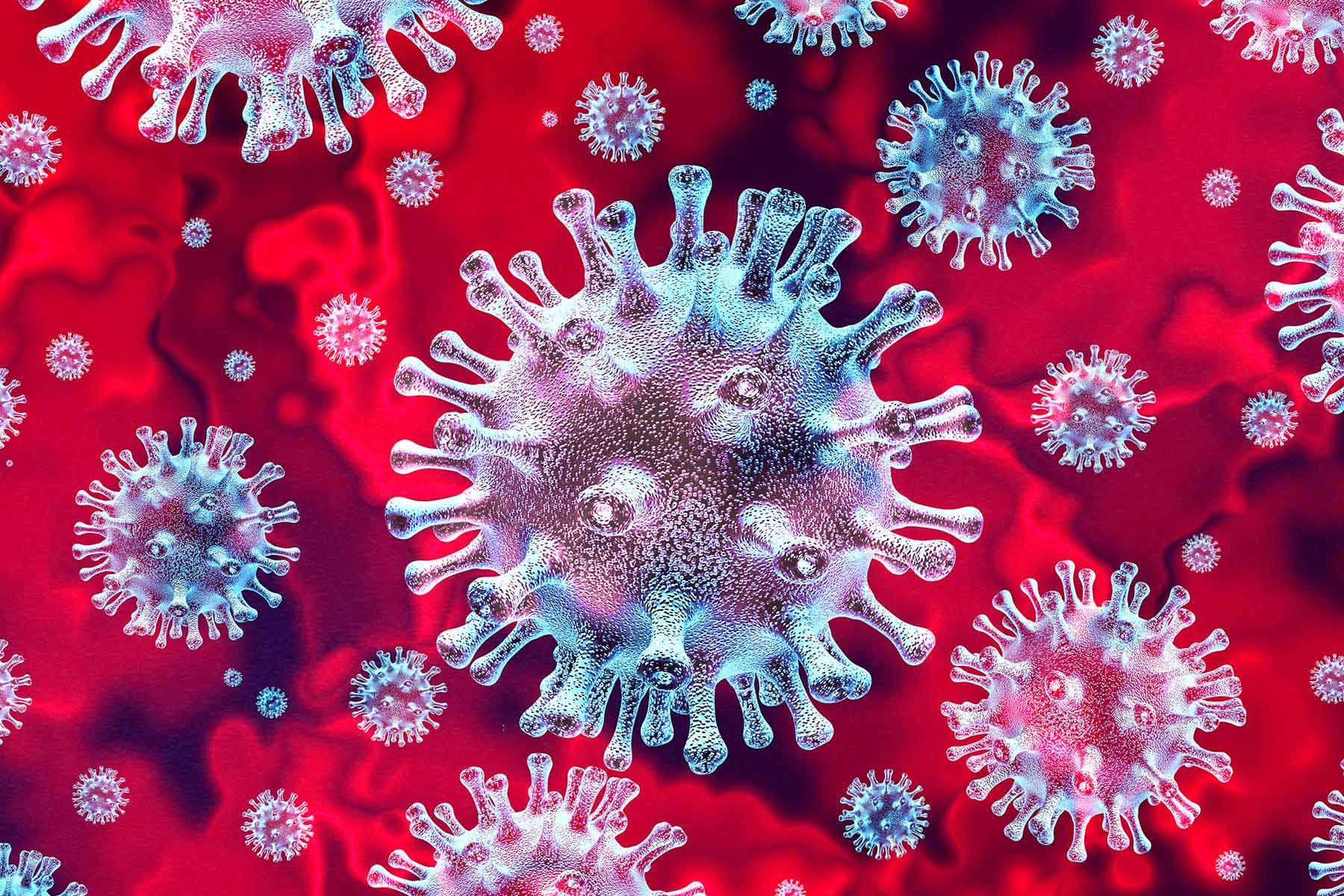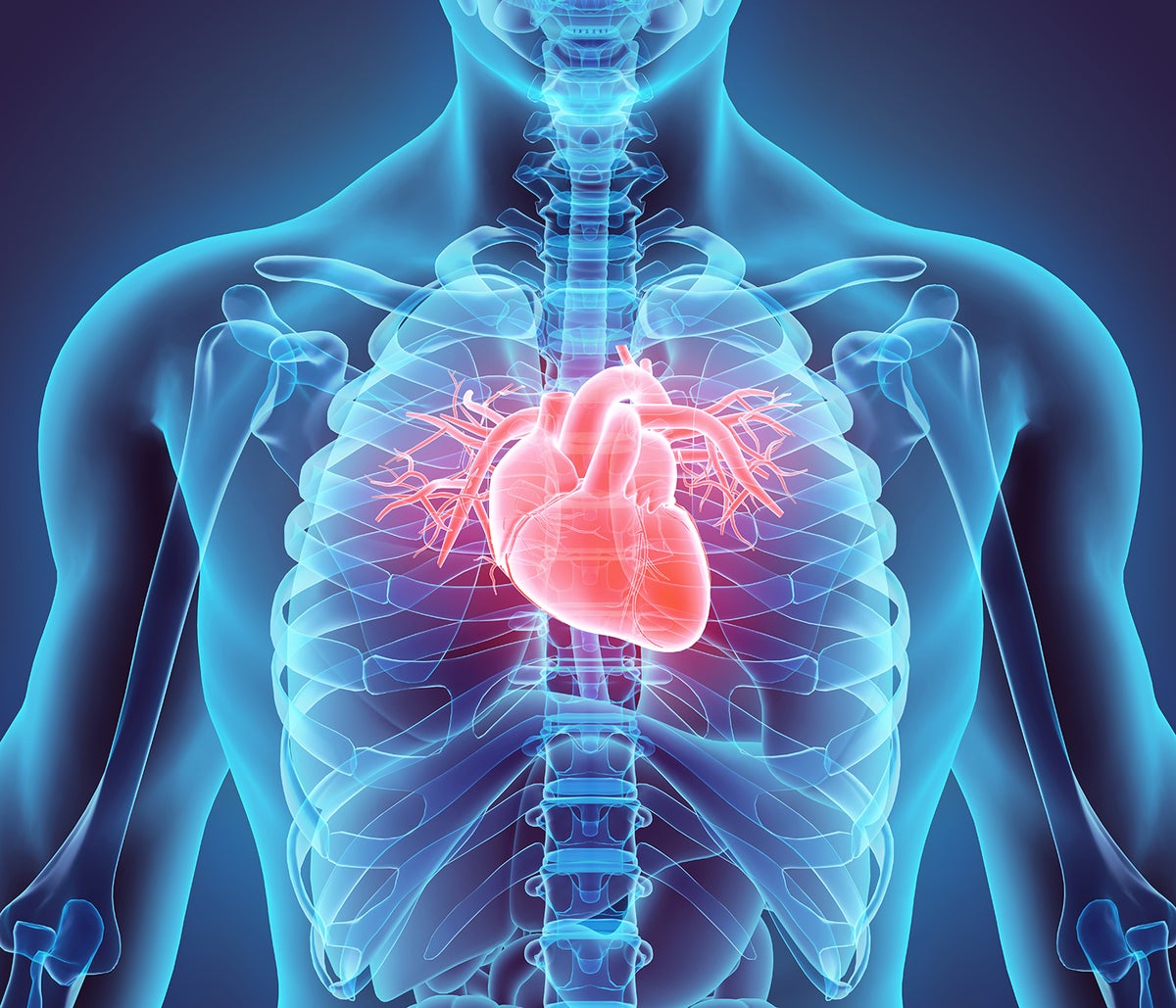COVID-19 cases that are considered " Mild" can still have debilitating effects for months, and the long term effects are not yet known. People who have been sick for 80+ days with COVID are still technically classified as "mild" under most statistics. People need to understand that even the young and healthy, can have their life changed by this:
"About 80 percent of infections, according to the World Health Organization, “are mild or asymptomatic,” and patients recover after two weeks, on average. Yet support groups on Slack and Facebook host thousands of people like LeClerc, who say they have been wrestling with serious COVID-19 symptoms for at least a month, if not two or three. Some call themselves “long-termers” or “long-haulers.”
“Before this, I was a fit, healthy 32-year-old,” she said. “Now I’ve been reduced to not being able to stand up in the shower without feeling fatigued. I’ve tried going to the supermarket and I’m in bed for days afterwards. It’s like nothing I’ve ever experienced before.” Despite her best efforts, LeClerc has not been able to get a test, but “every doctor I’ve spoken to says there’s no shadow of a doubt that this has been COVID,” she said. Today is day 80."
"Most have never been admitted to an ICU or gone on a ventilator, so their cases technically count as “mild.” But their lives have nonetheless been flattened by relentless and rolling waves of symptoms that make it hard to concentrate, exercise, or perform simple physical tasks. Most are young. Most were previously fit and healthy. “It is mild relative to dying in a hospital, but this virus has ruined my life,” LeClerc said. “Even reading a book is challenging and exhausting. What small joys other people are experiencing in lockdown—yoga, bread baking—are beyond the realms of possibility for me.”
"Even though the world is consumed by concern over COVID-19, the long-haulers have been largely left out of the narrative and excluded from the figures that define the pandemic. I can pull up an online dashboard that reveals the numbers of confirmed cases, hospitalizations, deaths, and recoveries—but LeClerc falls into none of those categories. She and others are trapped in a statistical limbo, uncounted and thus overlooked. "
"Some have been diagnosed through tests, while others, like LeClerc, have been told by their doctors that they almost certainly have COVID-19. Still, many long-haulers have faced disbelief from friends and medical professionals because they don’t conform to the typical profile of the disease. People have questioned how they could possibly be so sick for so long, or whether they’re just stressed or anxious. “It feels like no one understands,” said Chloe Kaplan from Washington, D.C., who works in education and is on day 78. “I don’t think people are aware of the middle ground, where it knocks you off your feet for weeks, and you neither die nor have a mild case.”
"The notion that most cases are mild and brief bolsters the belief that only the sick and elderly need isolate themselves, and that everyone else can get infected and be done with it. “It establishes a framework in which ‘not hiding’ from the disease looks a manageable and sensible undertaking,” writes Felicity Callard, a geographer at the University of Glasgow, who is on day 77. As the pandemic discourse turns to talk of a second wave, long-haulers who are still grappling with the consequences of the first wave are frustrated. “I’ve been very concerned by friends and family who just aren’t taking this seriously because they think you’re either asymptomatic or dead,” said Hannah Davis, an artist from New York City, who is on day 71. “This middle ground has been hellish.”
More here:
The disease’s “long-haulers” have endured relentless waves of debilitating symptoms—and disbelief from doctors and friends.

www.theatlantic.com










